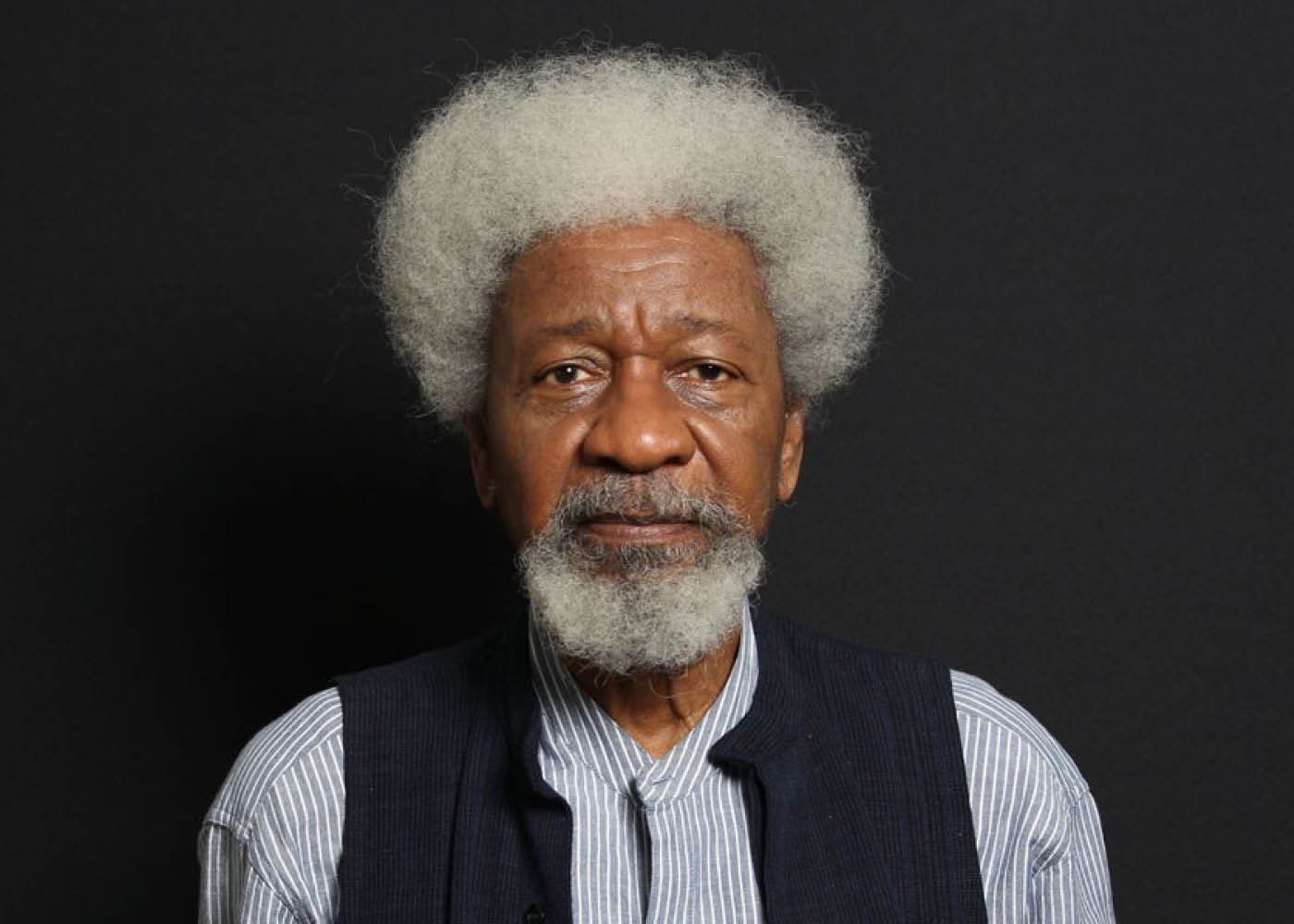Prof. Wole Soyinka, a recipient of the Nobel Prize, has proposed that the Nigerian presidency should be given to the southeastern region in order to address the lingering scars of the civil war. Despite the passage of over fifty years since the conflict ended, there are still activists advocating for independence in the area, underscoring the ongoing impact of the war. Soyinka believes that placing the presidency in the southeast could serve as a means of “rewriting history” and fostering healing.
“It is not just about reconstruction, it is also about rewriting of history,” Soyinka said in an interview aired on Channels Television on Monday.
“We believe that to close the circle of negativity, that we have embarked on before and during the civil war, I believe, the presidency, as soon as possible, should go towards the eastern region which lost a war.
“This is one of the ways to heal the wounds of the nation – that is a principle and philosophy.”
READ ALSO: Editorial: Strengthening Inspection of Election Materials to Deepen Poll Credibility
Prof. Wole Soyinka, a vocal proponent of restructuring, reiterated his belief that Nigeria must undergo a restructuring process. While discussing the lead-up to and aftermath of the 2023 election, the Nobel laureate noted that none of the top presidential contenders presented a credible plan for restructuring, which is why he chose not to endorse any candidate.
“In fact one of the reasons I refused to endorse any candidate is because none of the candidates addressed the things closest to my heart, like again, reconstructing the nation,” Soyinka said.
“I did not see any genuine commitment, any believable agenda about restructuring, decentralization of Nigeria which is at the heart of the problem for me at the moment.
“People were more concerned with just aiming for power.”
According to Soyinka, criticisms suggesting that Nigeria has not yet grasped the concept of democracy in light of the 2023 election are unfounded, as he disagrees with such assessments.
“I do not think we do not understand democracy, certain stakes have been catapulted to the fore and over – have come to overwhelm what should be the real stuffing of the democratic process,” Soyinka said.
READ ALSO: Art: Between the Snake Goddess and Bust of Nefertiti
“We can still come back to that phase where we had a common purpose that enough of military rule, I’m talking about June 12, and demonstrated, not just to ourselves but to the whole world.
“Yes, we know what democracy is and we know how to practice it and unfortunately, we seem not to have succeeded in reaching that level of democratic concert that we exhibited when said, look, let us take back our own political violation and get rid of the Kaaki boys and we can still come back to it.”
However, he did point out that the election outcome indicated that a “point has been scored” and “people now know the power they have and the youths have woken up.”
